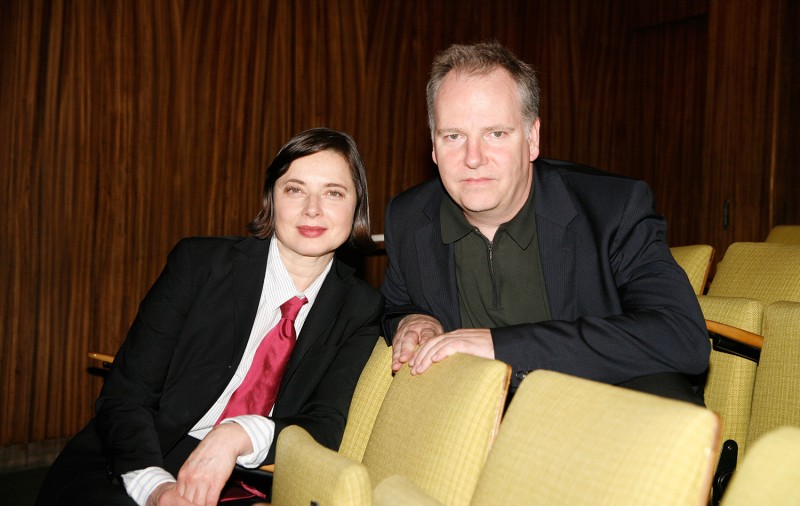Brand Upon the Brain!


Brand Upon the Brain! by Guy Maddin
CAN 2006, Forum
© Adam L. Weintraub
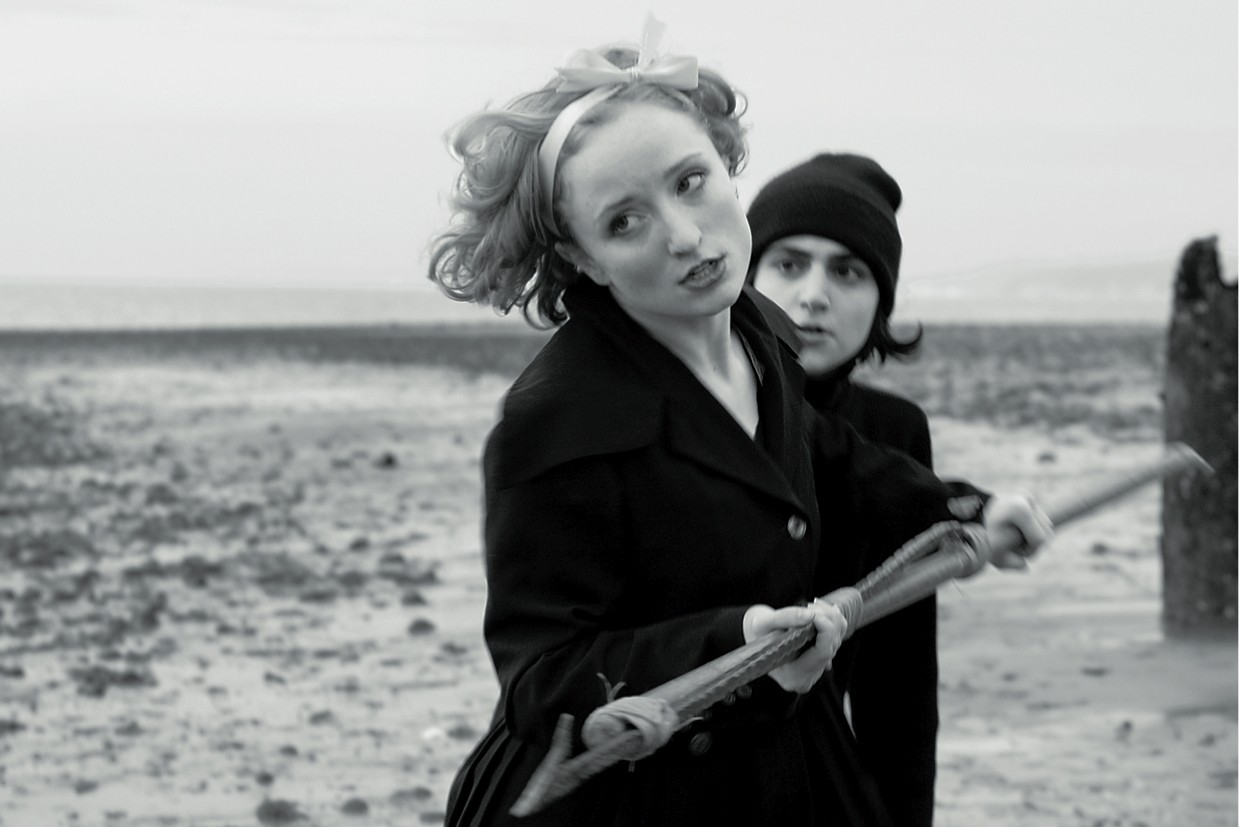
Brand Upon the Brain! by Guy Maddin
CAN 2006, Forum
© Adam L. Weintraub

Guy Maddin
Brand Upon the Brain! by Guy Maddin
CAN 2006, Forum
Guy Maddin from Winnipeg, the snowiest place in Canada, has found a language that manages to record an inner world of its own. A film language that's so personal that it writes its author's biography anew, indeed takes on his identity. When in the epilogue he unsuccessfully tries to give the house that he grew up in a new coat of paint, it's already too late: The most intimate, the family film, has grown into an opera spectacle in the classic Maddin format: as a silent film with expressionistic pathos. The newly chosen genre of the detective film announces a structure in the depths of the Maddinesque soul. But its unfathomability is too auspicious.
Stefanie Schulte Strathaus
World sales
Celluloid Dreams
Additional information
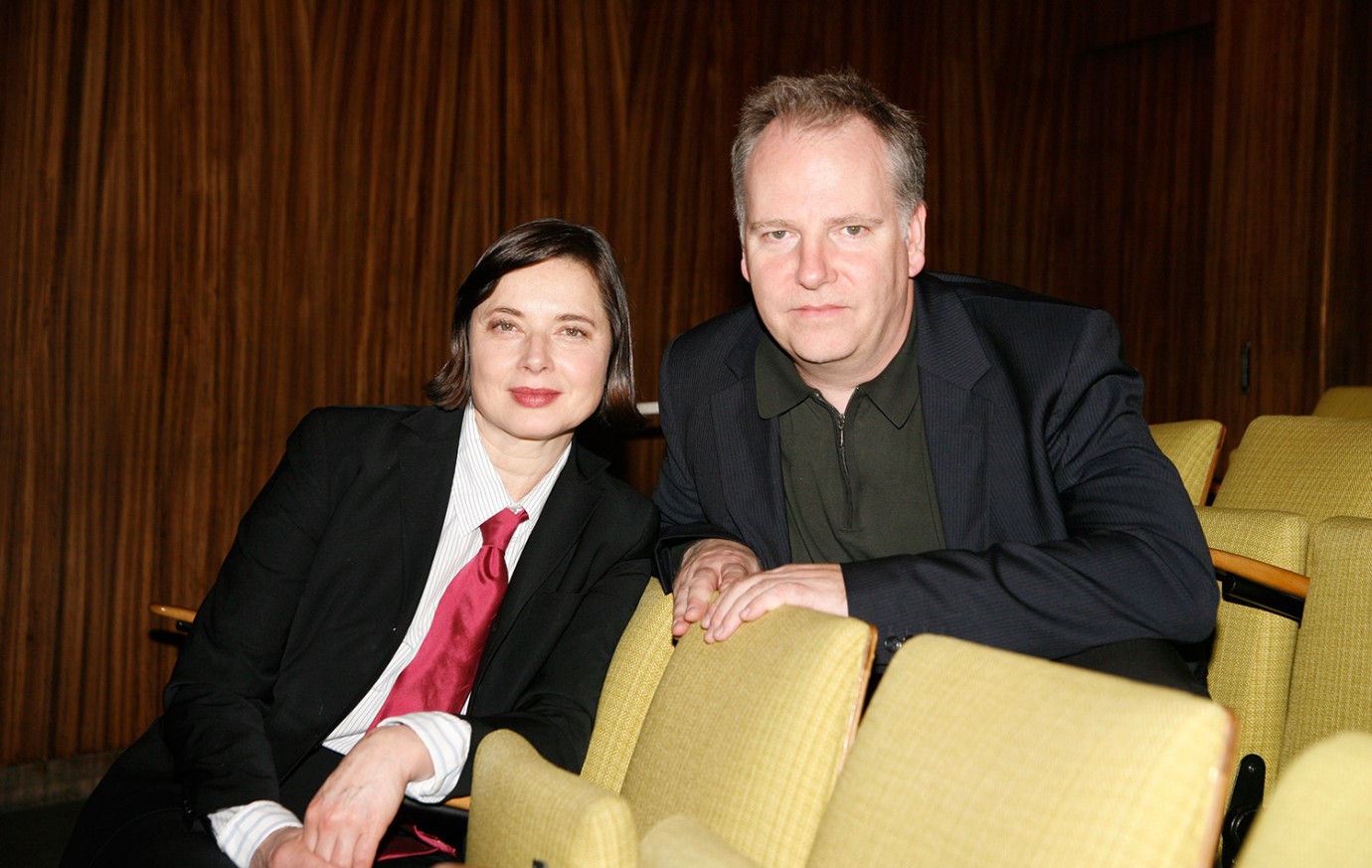
Isabella Rossellini, Guy Maddin
Isabella Rossellini and Guy Maddin in the "Deutsche Oper" opera house. The Forum presented Guy Maddin's Brand upon the Brain! as a special event with an orchestra and Isabella Rossellini acting as live narrator on stage.
Brand Upon the Brain! · Forum · Feb 15, 2007
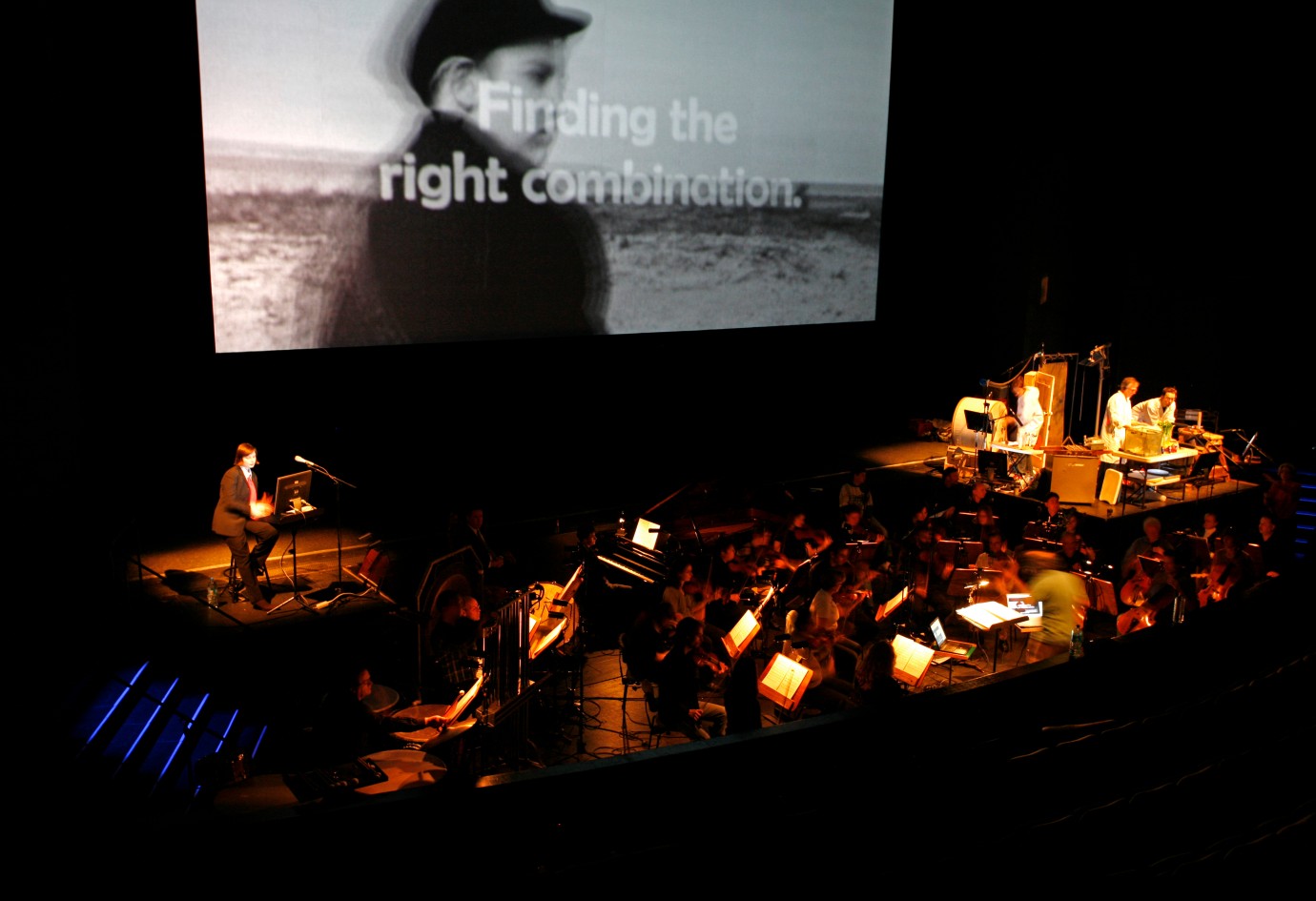
Brand upon the Brain!
Stage rehearsal for the opera event of Guy Maddin's film Brand upon the Brain! in the "Deutsche Oper", on the left narrator Isabella Rossellini.
Brand Upon the Brain! · Forum · Feb 15, 2007
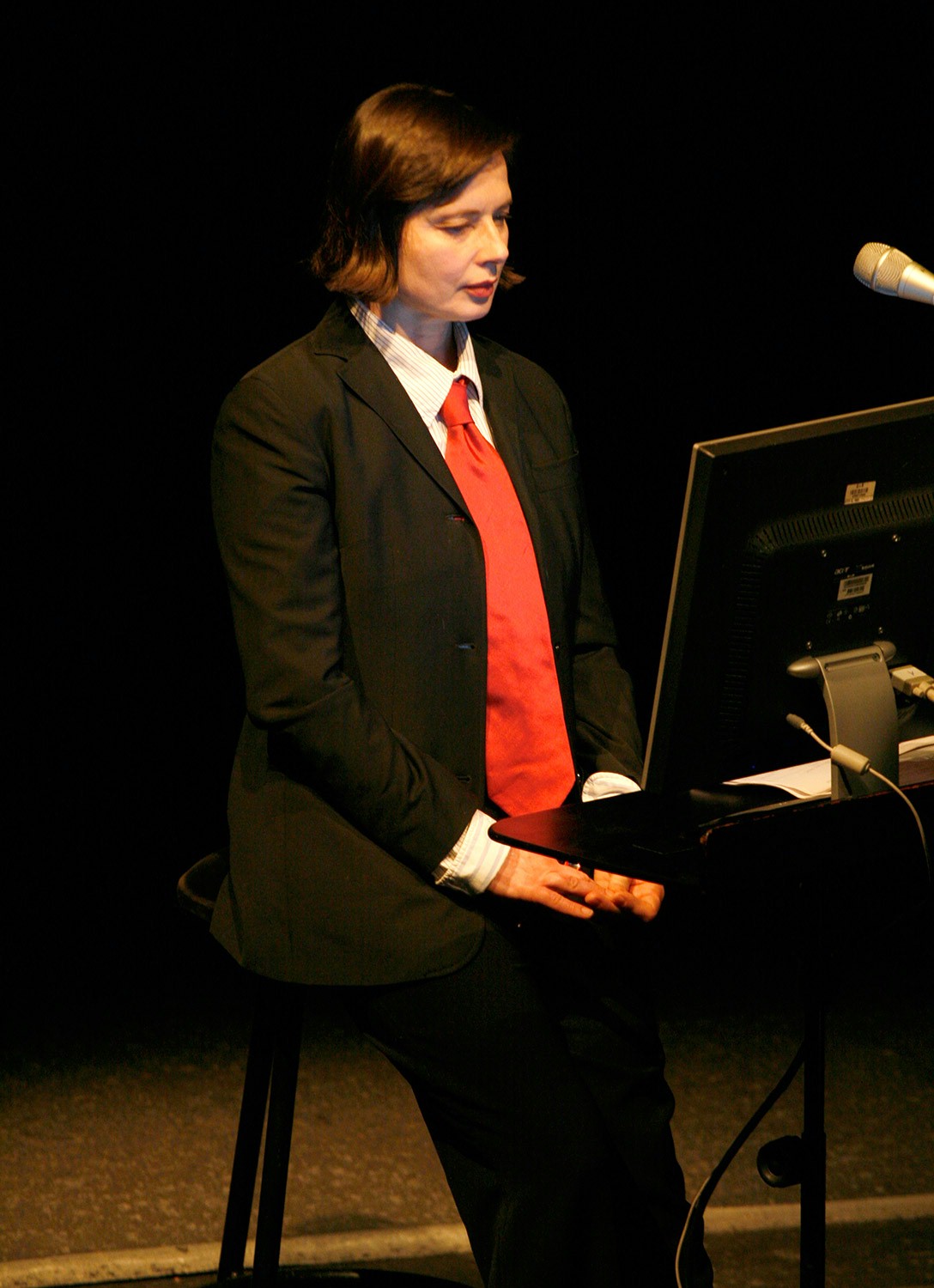
Isabella Rossellini
Isabella Rossellini performing as live narrator of Guy Maddin's Brand upon the Brain! in the "Deutsche Oper".
Brand Upon the Brain! · Forum · Feb 15, 2007
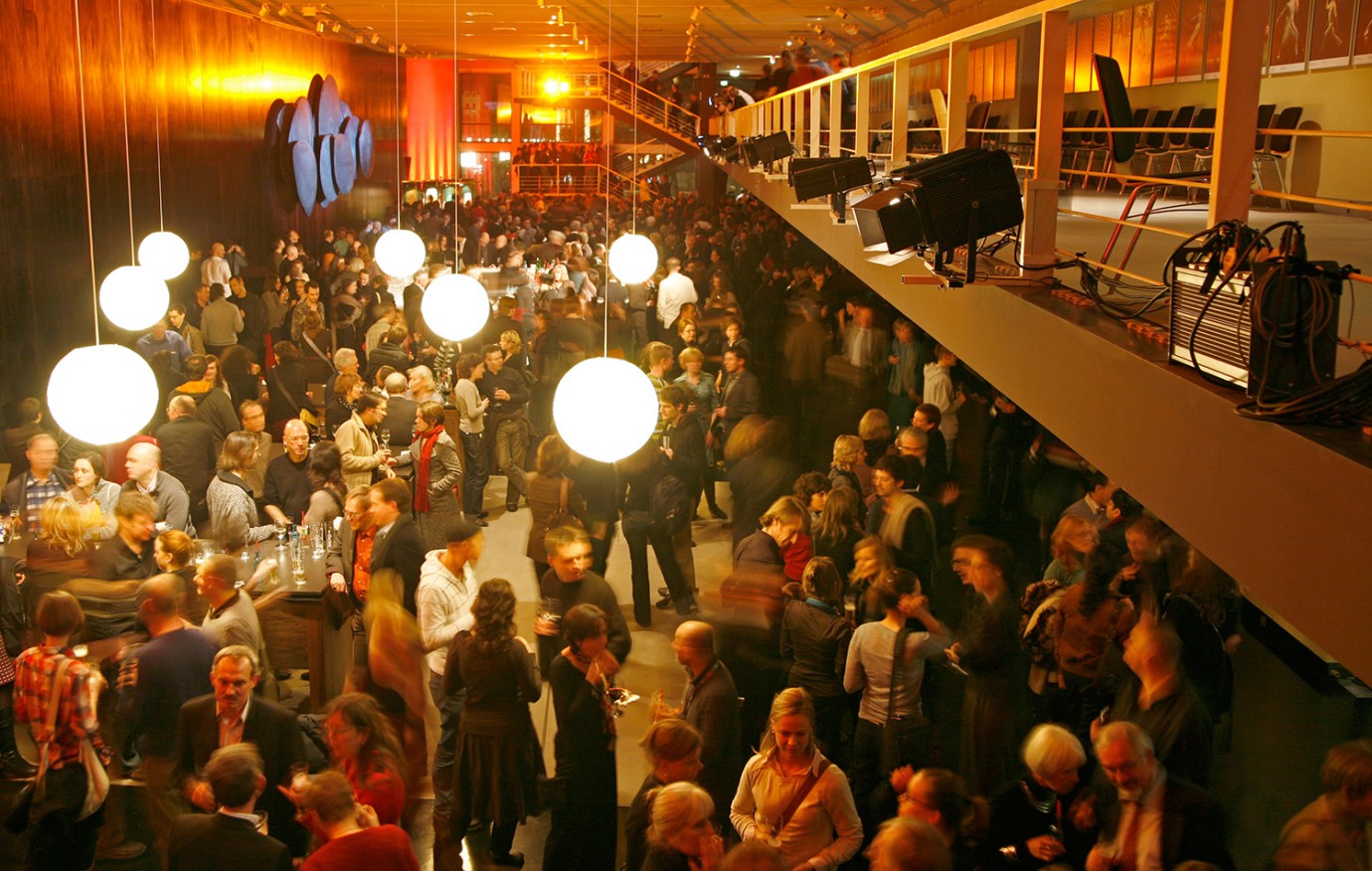
Deutsche Oper
The Forum added a very special highlight to this Berlinale, the European premiere of Guy Maddin's Brand upon the Brain! in the Deutsche Oper opera house.
Brand Upon the Brain! · Forum · Feb 15, 2007
